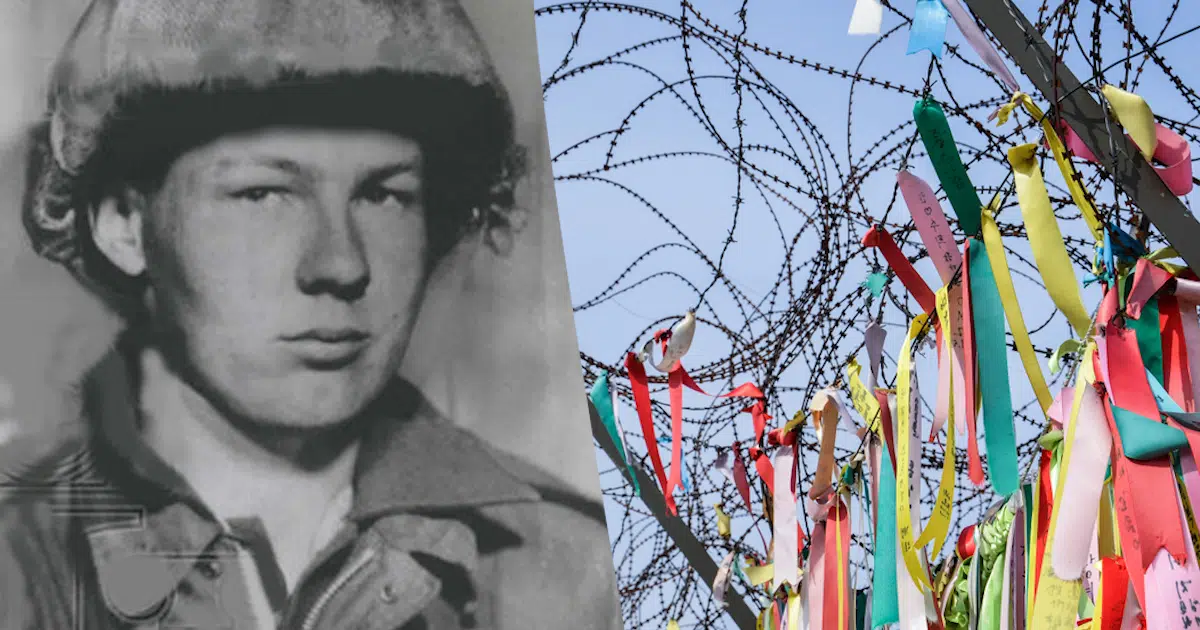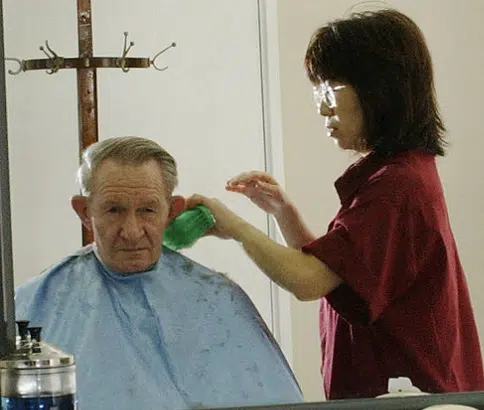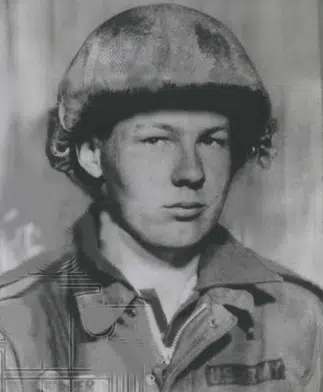
The American Defectors Who became North Korean Movie Stars
Featured in Ripley's Believe It or Not!

The four American soldiers who defected to the Democratic People’s Republic of Korea in the 1960s by crossing the Demilitarized Zone (DMZ) likely had no idea they would become film stars in their adopted country.



